During the winter months, it’s natural to crave warm, comforting foods, but that doesn’t mean you have to abandon your health goals. Choosing low-calorie winter foods can help you maintain a healthy weight, boost your immune system, and stay energized throughout the season.
These foods provide essential nutrients, vitamins, and minerals without packing on the pounds.
Let’s explore some delicious and beginner-friendly options to keep you nourished and satisfied all winter long.
How To Stay Healthy During Winter
Low-calorie Winter Foods – Comfort Food
Winter brings a bountiful harvest of fruits and vegetables that are low in calories and packed with essential nutrients. Incorporate these into your winter meals:
- Kale: Rich in vitamins A, C, and K, kale is a versatile green used in salads, soups, or sautéed as a side dish. (Calories: 33 per cup)
- Brussels Sprouts: These tiny cabbages are low in calories and high in fiber. They offer a satisfying crunch when roasted with a drizzle of olive oil and a pinch of sea salt. (Calories: 38 per cup).
- Brussels sprouts are a nutritional powerhouse during the winter months. They are low in calories and high in fiber, making them an excellent option for weight loss. They are also packed with vitamin C, vitamin K, and antioxidants, which can support a healthy immune system.
- Citrus Fruits: Oranges, grapefruits, and clementines are abundant in winter. They’re excellent sources of vitamin C, which supports your immune system. (Calories: Varies by type)
- Pomegranates: These jewel-like fruits are delicious and packed with antioxidants. Add pomegranate seeds to salads or yogurt. (Calories: 83 per cup).
- Pomegranates are not only a tasty winter treat but also a low-calorie option. They are high in antioxidants and vitamins C and K. Pomegranates can be eaten independently, added to salads, or used as a topping for yogurt or oatmeal.
- Cauliflower: Use cauliflower to make a low-calorie mashed potato substitute or roast it with spices for a flavorful side dish. (Calories: 27 per cup)
Low-calorie Comfort Food Recipes | Warm and Comforting Soups:
Winter is the perfect time for a comforting bowl of soup. Here are two simple, low-calorie soup recipes to get you started:
Vegetable Soup:
- Ingredients:
- One onion, diced
- Two carrots, chopped
- Two celery stalks, chopped
- One zucchini, diced
- 1 cup green beans, chopped
- One can of diced tomatoes (low-sodium)
- 4 cups vegetable broth (low-sodium)
- 1 tsp dried thyme
- Salt and pepper to taste
- Instructions:
- In a large pot, sauté the onion, carrots, and celery until softened.
- Add the zucchini, green beans, diced tomatoes, vegetable broth, and thyme.
- Simmer for 20-25 minutes until all the vegetables are tender.
- Season with salt and pepper to taste.
- Enjoy your hearty, low-calorie vegetable soup! (Calories: Approx. 70 per cup)
Butternut Squash Soup:
- Ingredients:
- One medium butternut squash, peeled and cubed
- One onion, diced
- Two cloves garlic, minced
- 4 cups vegetable broth (low-sodium)
- 1 tsp ground cinnamon
- Salt and pepper to taste
- Instructions:
- In a large pot, sauté the onion and garlic until translucent.
- Add the cubed butternut squash and vegetable broth.
- Simmer until the squash is tender, about 20 minutes.
- Use an immersion blender to puree the soup until smooth.
- Season with cinnamon, salt, and pepper.
- This velvety butternut squash soup is a comforting, low-calorie winter favorite. (Calories: Approx. 80 per cup)
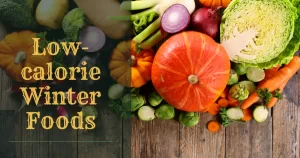
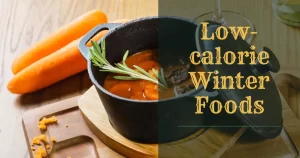
Low-calorie Winter Foods | Nourishing Winter Salads:
Salads can be hearty and satisfying even in winter. Here are two salad ideas that are both nutritious and low in calories:
Winter Spinach Salad:
- Ingredients:
- 3 cups baby spinach leaves
- 1/2 cup sliced strawberries
- 1/4 cup crumbled feta cheese
- 1/4 cup chopped walnuts
- Balsamic vinaigrette dressing (low-fat)
- Instructions:
- Toss the baby spinach with sliced strawberries.
- Sprinkle with crumbled feta cheese and chopped walnuts.
- Drizzle with balsamic vinaigrette dressing for a sweet and savory winter salad. (Calories: Approx. 120 per serving)
Quinoa and Roasted Vegetable Salad:
- Ingredients:
- 1 cup quinoa, cooked and cooled
- 2 cups roasted winter vegetables (e.g., sweet potatoes, beets, carrots)
- 1/4 cup chopped fresh parsley
- Juice of 1 lemon
- 2 tbsp olive oil
- Salt and pepper to taste
- Instructions:
- In a large bowl, combine the cooked quinoa and roasted vegetables.
- Add chopped parsley, lemon juice, and olive oil.
- Season with salt and pepper.
- This quinoa salad is a colorful and filling option for winter lunches. (Calories: Approx. 150 per serving)
Winter Meal Planning Tips | Light Winter Desserts:
Indulge in dessert without the guilt. Here are two low-calorie dessert options:
Baked Apples:
- Ingredients:
- 2 apples, cored
- 2 tbsp chopped nuts (e.g., almonds or walnuts)
- 1 tsp cinnamon
- 1 tsp honey
- Instructions:
- Preheat your oven to 375°F (190°C).
- Fill the apple cores with chopped nuts, cinnamon, and honey.
- Bake for 25-30 minutes until the apples are tender.
- Enjoy this warm and comforting dessert. (Calories: Approx. 150 per serving)
Berry Parfait:
- Ingredients:
- 1/2 cup mixed berries (e.g., strawberries, blueberries, raspberries)
- 1/2 cup low-fat Greek yogurt
- 1 tbsp honey
- 1 tbsp granola
- Instructions:
- Layer the mixed berries, Greek yogurt, honey, and granola in a glass.
- Repeat the layers as desired.
- This berry parfait is a delightful and guilt-free way to satisfy your dessert cravings. (Calories: Approx. 180 per serving)
Low-calorie Winter Foods: Pro & Cons
Pros:
- Low-calorie winter foods can help with weight management and preventing weight gain during the holiday season.
- They are usually packed with nutrients, vitamins, and minerals, which can support overall health and wellbeing.
- Low-calorie winter foods can often be high in fiber, aiding digestion and promoting satiety.
- These foods can be warming and comforting during colder months, providing a sense of coziness.
Cons:
- Low-calorie winter foods may not be as filling as higher-calorie options, leading to increased hunger or cravings.
- Some may find the taste or texture of low-calorie winter foods less satisfying than higher-calorie alternatives.
- Preparing flavorful, low-calorie winter meals may require more effort and creativity.
- Limited availability and variety of low-calorie winter foods may make sticking to a diverse diet challenging.
Tips for Staying Healthy During Winter:
- Portion Control: Pay attention to serving sizes, even with low-calorie foods, to avoid overeating.
- Stay Hydrated: Drink plenty of water and herbal teas to stay hydrated and curb unnecessary snacking.
- Keep Active: Engage in indoor exercises or winter sports to stay physically active.
- Choose Whole Grains: Opt for whole grains like brown rice and quinoa to stay full longer.
- Get Enough Sleep: A good night’s sleep is essential for overall health and can support your immune system.
- Don’t Skip Meals: Maintain regular eating patterns to prevent excessive hunger and overindulgence.
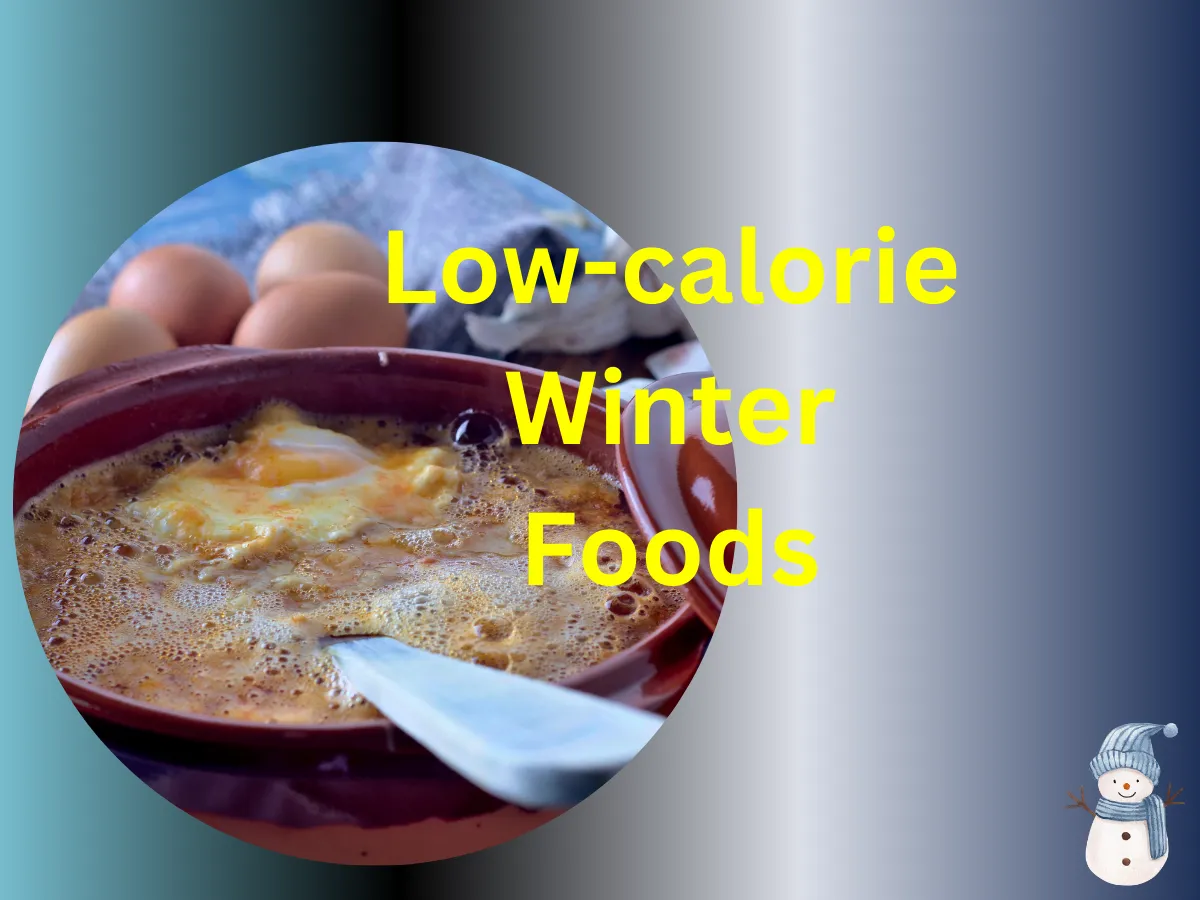
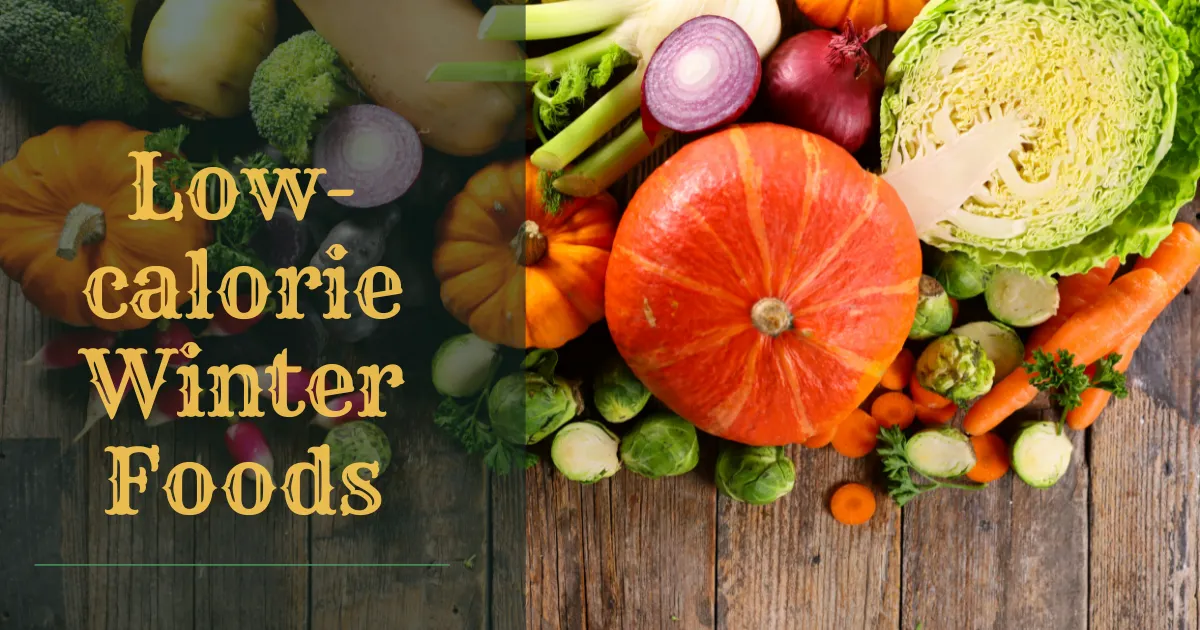
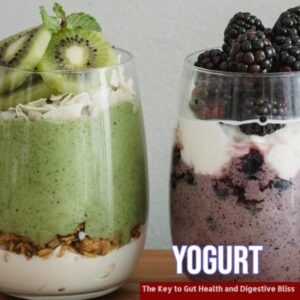
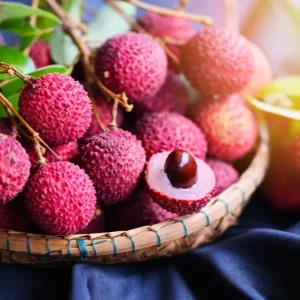


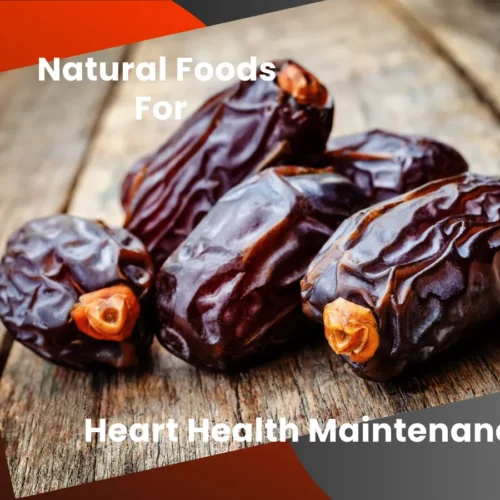
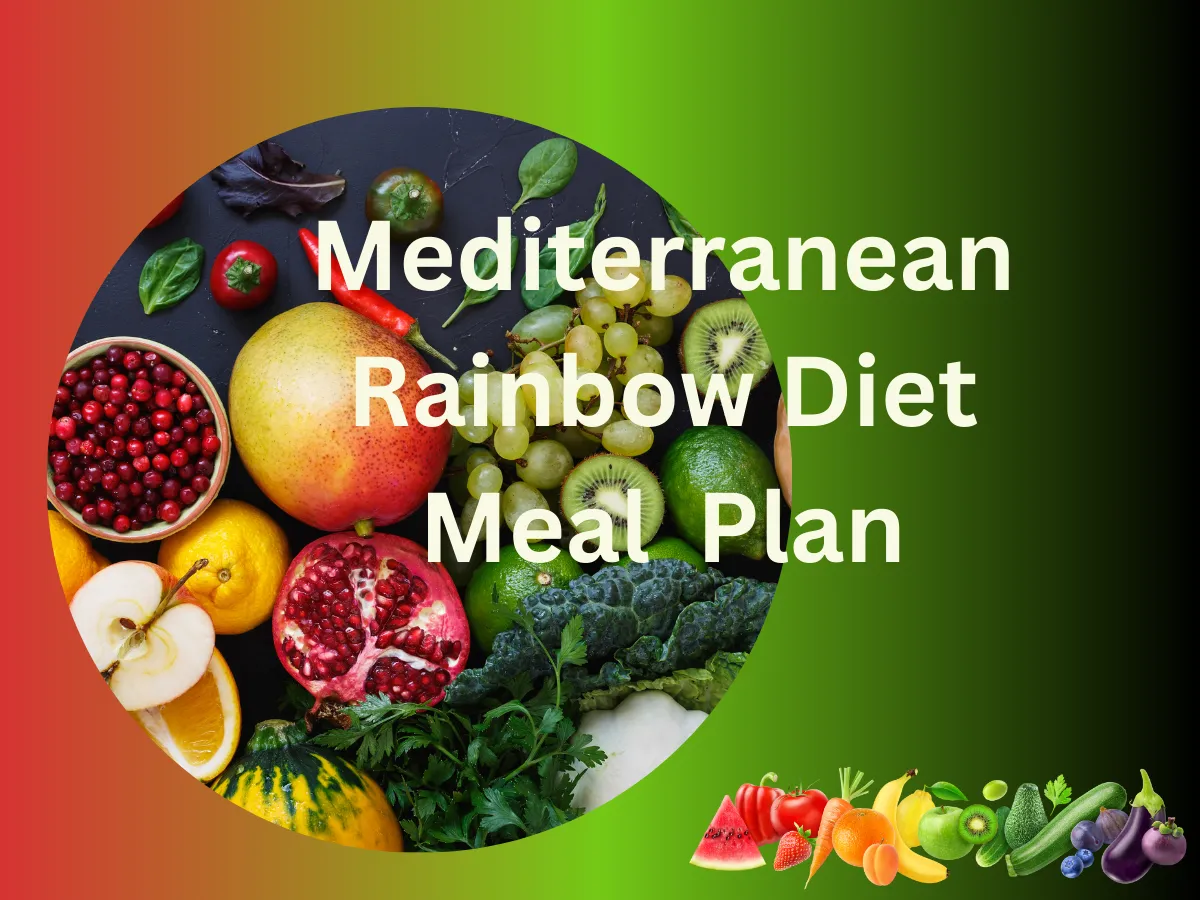

January 14, 2024 at 2:08 pm[…] Low Calories Winter Foods […]
January 28, 2024 at 4:50 pm[…] Low Calories Winter Foods […]